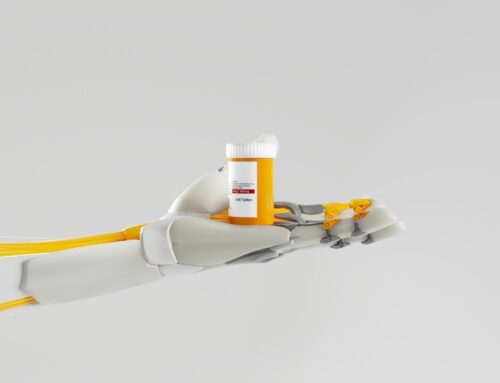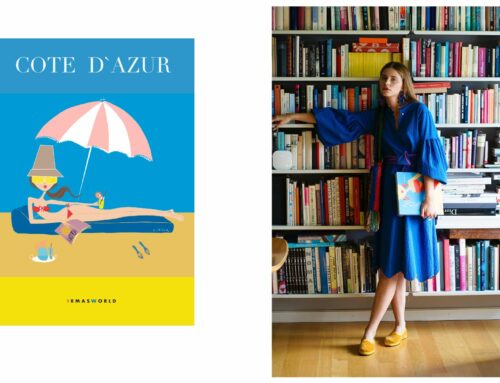Conscious Parenting & How to let go of our desire to raise Superhumans
As kids in Switzerland are getting back to school this August, I’ve been contemplating again my role as a mother and how I can practice more conscious parenting. Sometimes, I catch myself wishing there were a manual for being a parent, but there isn’t. Every child is unique and every mum, more than ever, needs to learn to listen to her instincts.
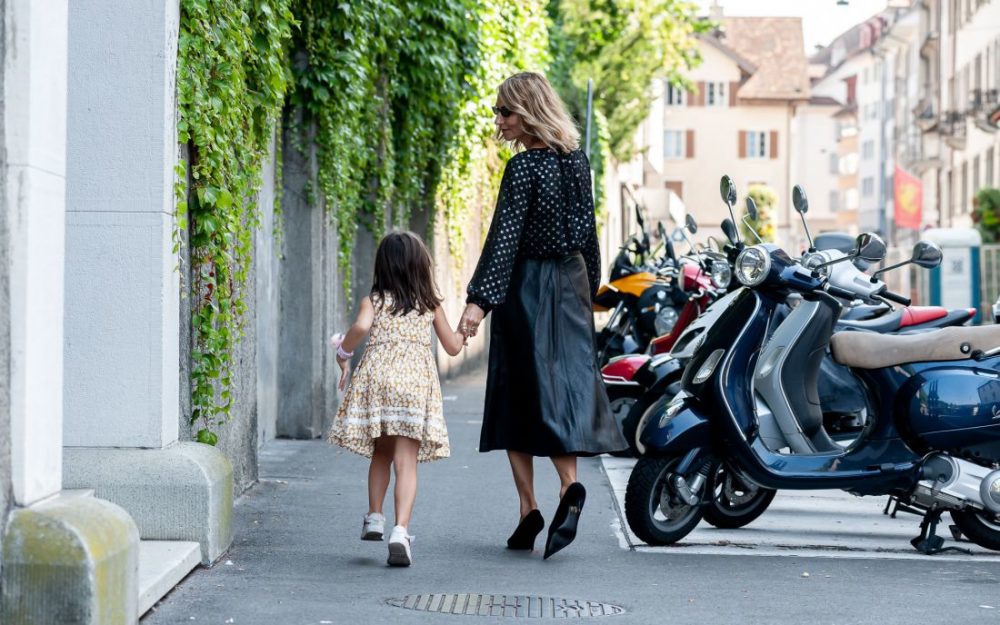
On the first day of school, I could almost hear myself thinking how, this time, I’ll do things differently; how I’ll let go of several projects at work and stop stressing about insignificant things like whether the house is clean and organised. Instead, I’ll try to slow down, be more present with my kids, and calmer and more intentional as a parent.
Then it occurred to me that, if I worry about all these things (my kids’ integration; how to read what the teacher tells me about them, especially when I come from a different culture; whether my kids speak the language well; how to help if someone is bullying them…), then perhaps other mums are going through the same thing and I can start a public conversation. But most of all I want to find out how I can practice the conscious parenting!
As a first step, I found someone who could answer a few burning questions about the home environment and how to handle self-doubt and guilt as a working mum.
Let me introduce you to Dr. Eijsermans, Psychologist FSP, American trained licensed Clinical Psychologist with over 10 years experience spanning the globe working with and researching individuals and families who live outside their country of origin and their dynamic identities. In 2015, she founded Optimal Wellness Global offering therapy with science-based practices of well-being, to promote thriving skills, resilience, happiness, compassion and connection for a meaningful life to help pan-internationals in their global lifestyle. For more information on Brandi visit www.optimalwellnessglobal.com
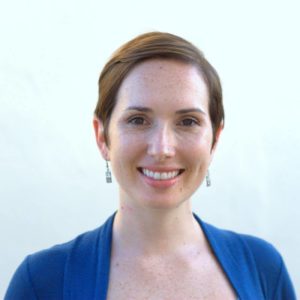
As an agent for change, she has collaborated to develop a local initiative to promote collaboration between local and international mental health providers to increase access and equal affordability to culturally-competent and culturally-sensitive care, foster collaboration and integration of foreign practitioners with Swiss practitioners to strengthen the offering and collective knowledge of the region, and to challenge stigma with increased visibility and normalization of public exposure to mental health topics, narratives and public education. For more details or to search the Mental Health Initiative database visit www.mentalhealthinitiative.ch.
Today Dr. Eijsermans and I are addressing one of the hottest topics among mums: How many activities have you signed your kids for and how much is enough?
Dr. Eijsermans: Social comparison is a slippery slope for all of us parents. It takes us to the feelings of discontent and of not being good enough. First, we need to recognise we are all raising our own human beings. Instead of looking for the right input, which is going to be different for each kid as far as how many activities to schedule for him or her, we need to look for the output from our children: what are they showing us? Are they showing us that they are stressed out by their schedule? Or that there’s not enough free time? Or they are not managing their extra curriculum well so it becomes a burden rather than an outlet? There is no right answer to the question of how many activities to sign your kids up for. You will have to figure that out for your own family. What’s important is to live consistently with your value system.
To some extent, the extra curriculum brands us to the point where we have to accept our own limitations. There is only so much time in the day and you have to prioritise what’s important. Being a working mum in itself is a benefit to your child. It is not something we always talk about, but you are modelling to them different skills that are really important.
The question is less about whether they are doing these extra-curricular activities, and more about how they are functioning as a well-rounded individual. I think with extra- curricular activities, like most things in their development, it should be child-led. It’s great to push and help them realise they can do things they didn’t feel capable of doing, but it is helpful to see what are their interests, what are their commitment levels. It is good to step back and evaluate that in life, because overcommitting, for example, is a problem for all of us. It is easier to say “yes” than to have boundaries, and oftentimes in modern life we say “yes” to things that are not actually meaningful or giving us anything, but more out of social commitment. That’s not conducive to well-being.
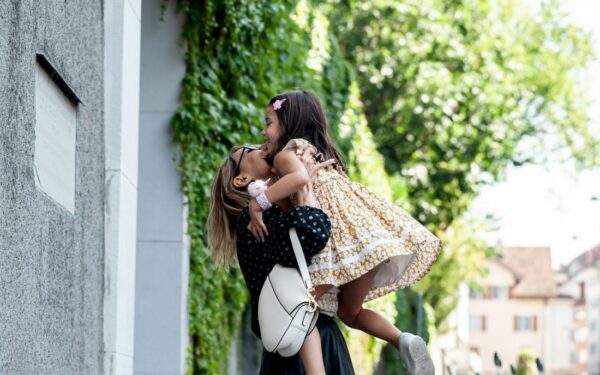
Tsitaliya: I often have the feeling that today’s children are being overstimulated. There are so many things we schedule for them because of our fear they will be bored. At the same time, our lives as parents are hectic enough, and I can’t help but start feeling guilty that I fail to model slow living to my kids. What’s your advice to mums and families who find it difficult to slow down and, at some point, feel burned out in the process of trying to be the best parent?
Dr. Eijsermans: That’s a very common issue among families. Sometimes, the pace of life is circumstantial and beyond your control. I think being observant of when you can provide pockets of slowness, even if you can’t be slow and intentful in all moments of your day; just modelling to them: Okay, we may not have a whole lot of time, but we can have pockets of slow. We can check in with one another: How are you feeling, what do you need? Real practices like that really add up.
And instead of “correcting wrong behaviour”, we need to model to them. For example, saying: Hey guys, I notice you get so excited about things in the future that you miss out on things in the moment! Can we take a few moments to actually take in the things we are experiencing right now, other than just chasing the next gratification?
Don’t forget, kids are just following their own nature most of the time. A lot of parents talk about the first step of identifying kids’ feelings, which is great, but we really want to expand on that: do we have the time and space in the day to not just reflect on what their feelings are, because oftentimes that leads to the cognitive bias of leading with emotional reasoning: I feel this way, therefore it is justified.
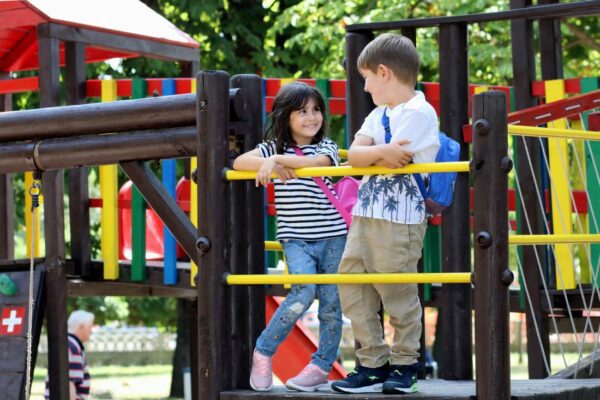
Instead, we need to ask, What is the need underneath the emotion right now? This is a challenge, but also a simple practice. If you have some moments of slowness during your day, you can say, Let’s just check in and see how you are feeling and what that says about your needs. That’s instilling an inner barometer that breeds self-awareness, body awareness, and understanding our physical limitations — I have to stop now and eat, for example, because I am getting hungry.
It is great to identify feelings, but what do we do with them? What are they there for? Instead of feelings being these emotional things that just happen to us, which doesn’t feel very comforting, if we can go to the next level and say, okay, these emotions are neither good nor bad. They tell us what our priorities are.
If you can instill pockets of time when your kids can check in with themselves and check in with other people; practise communicating those needs, like, “Mum, I need one-on-one time with you because this thing happened… and I need to feel close to you right now”… That is a wonderful practice of not only social awareness but also communication! Learning to communicate what they feel is so important for kids and it has to do with you teaching them interpersonal skills as well.
I know we have a lot of things about being minimalistic and having a slow lifestyle, but it is not about one marker that says you are doing this well or not, but what are the daily practices that help these little human beings and ourselves attune to a rapidly changing environment that we are not always in control of.
HOW TO BE A CONSCIOUS PARENT
TO BE CONTINUED
Sign to receive the complete experience
with unpublished content & community deals
